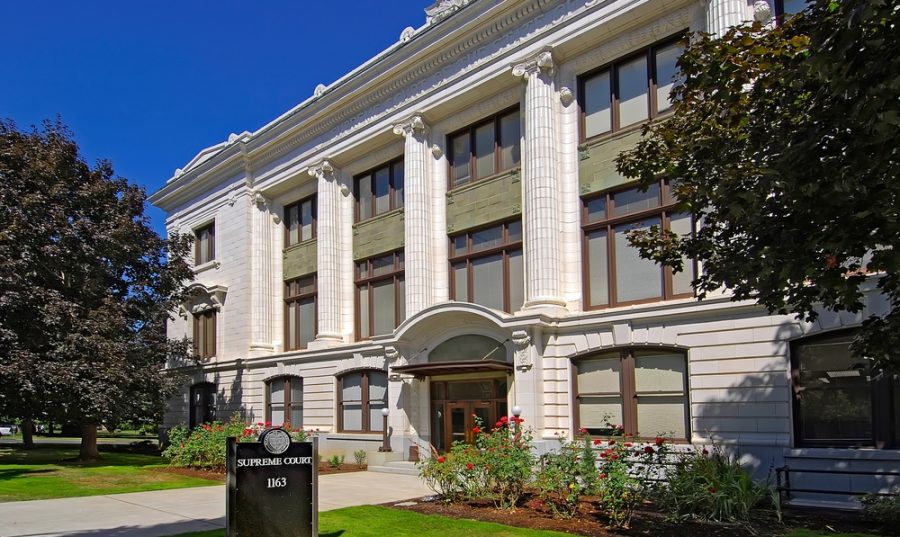.jpg) Following up on our report of July 9, 2010, Cozen O’Connor has learned that the National Fire Protection Association (NFPA) has issued tentative interim amendments to three of its standards, banning the use of antifreeze in sprinkler systems in new construction of residences and in the dwelling unit portions of other occupancies. As previously reported by our blog, the NFPA, in conjunction with the Fire Protection Research Foundation, tested antifreeze solutions in sprinkler systems with varying percentages of glycerin and propylene glycol. Those tests were followed by additional testing and research which concluded that antifreeze solutions with concentrations of propylene glycol exceeding 40% and concentrations of glycerin exceeding 50% have the potential to ignite when discharged through automatic sprinklers. Based on these results, NFPA has determined that antifreeze solutions of propylene glycol exceeding 40% and glycerin exceeding 50% are not appropriate for use in residential fire sprinkler systems. NFPA’s Standards Council, the body that oversees the NFPA standards development process, has issued amendments to NFPA 13, Standard for the Instillation of Sprinkler Systems; NFPA 13D, Standard for Installation of Sprinkler Systems in One- and Two-Family Dwellings and Manufactured Homes; and NFPA 13R, Standard for Installation of Sprinkler Systems in Residential Occupancies Up To and Including Four Stories in Height. For now, and until any further action by NFPA consensus standards committees, NFPA sprinkler standards prohibit the use of antifreeze in new residential fire sprinkler systems.
Following up on our report of July 9, 2010, Cozen O’Connor has learned that the National Fire Protection Association (NFPA) has issued tentative interim amendments to three of its standards, banning the use of antifreeze in sprinkler systems in new construction of residences and in the dwelling unit portions of other occupancies. As previously reported by our blog, the NFPA, in conjunction with the Fire Protection Research Foundation, tested antifreeze solutions in sprinkler systems with varying percentages of glycerin and propylene glycol. Those tests were followed by additional testing and research which concluded that antifreeze solutions with concentrations of propylene glycol exceeding 40% and concentrations of glycerin exceeding 50% have the potential to ignite when discharged through automatic sprinklers. Based on these results, NFPA has determined that antifreeze solutions of propylene glycol exceeding 40% and glycerin exceeding 50% are not appropriate for use in residential fire sprinkler systems. NFPA’s Standards Council, the body that oversees the NFPA standards development process, has issued amendments to NFPA 13, Standard for the Instillation of Sprinkler Systems; NFPA 13D, Standard for Installation of Sprinkler Systems in One- and Two-Family Dwellings and Manufactured Homes; and NFPA 13R, Standard for Installation of Sprinkler Systems in Residential Occupancies Up To and Including Four Stories in Height. For now, and until any further action by NFPA consensus standards committees, NFPA sprinkler standards prohibit the use of antifreeze in new residential fire sprinkler systems.





